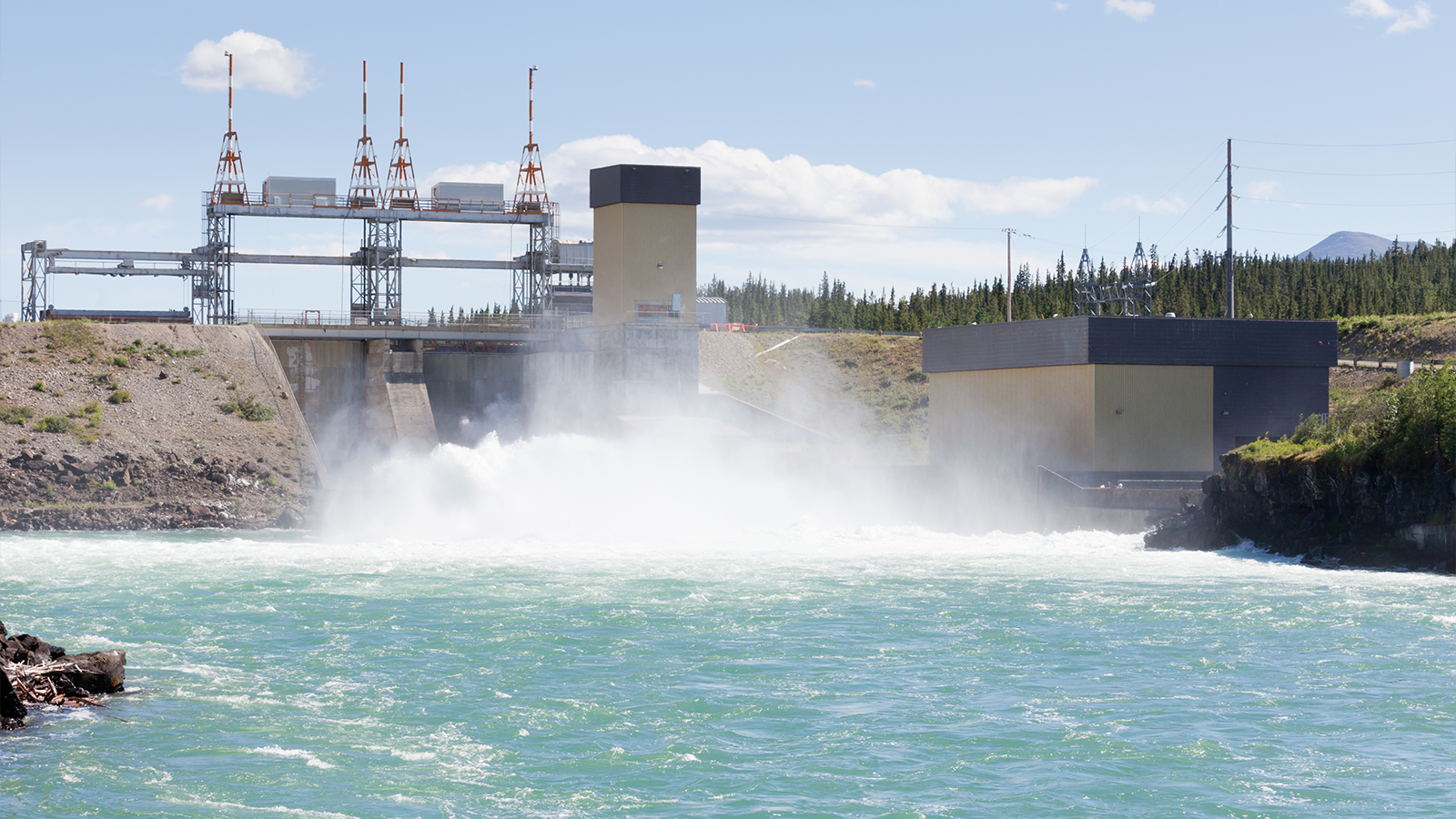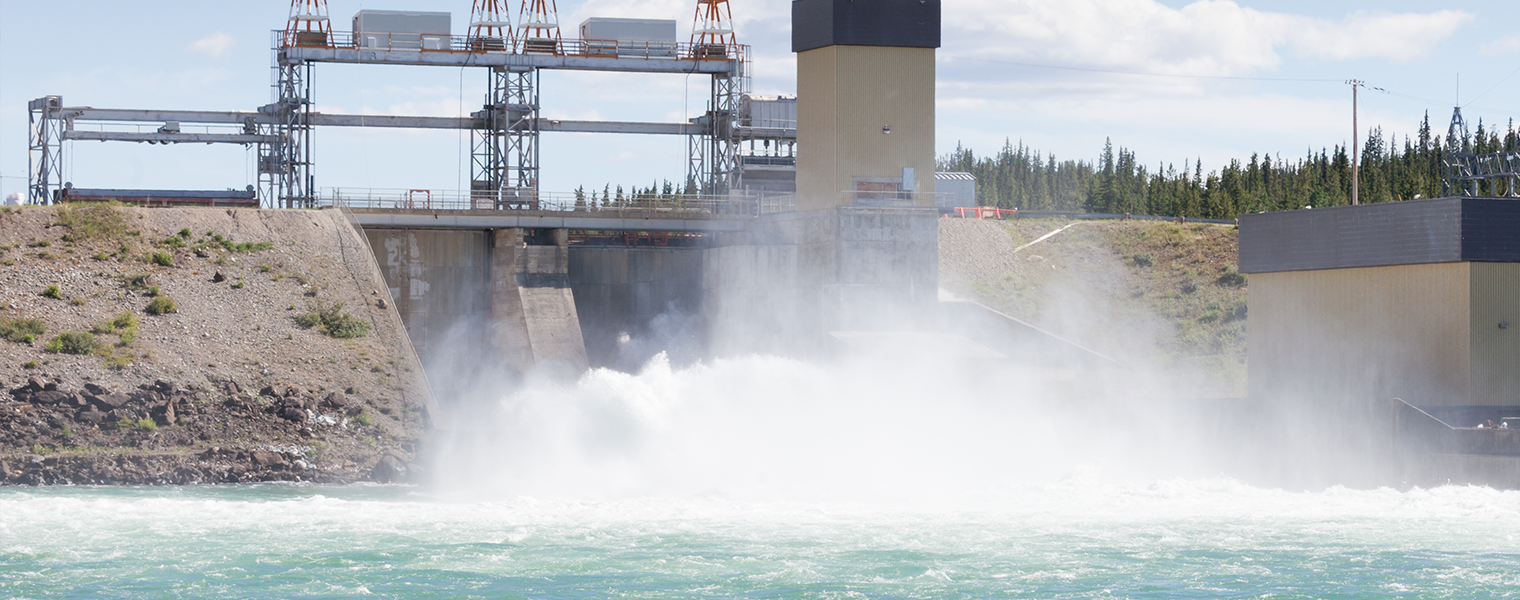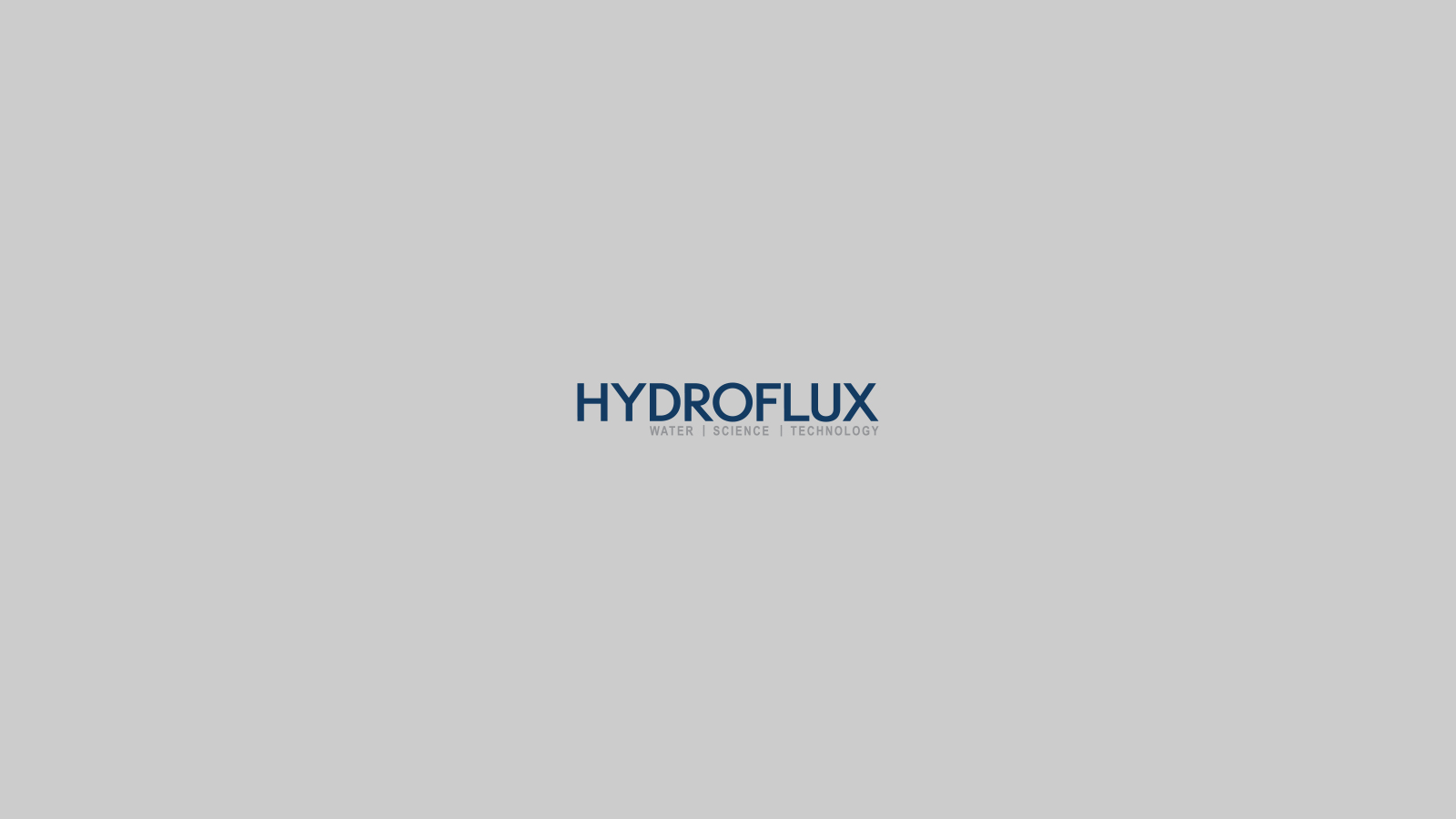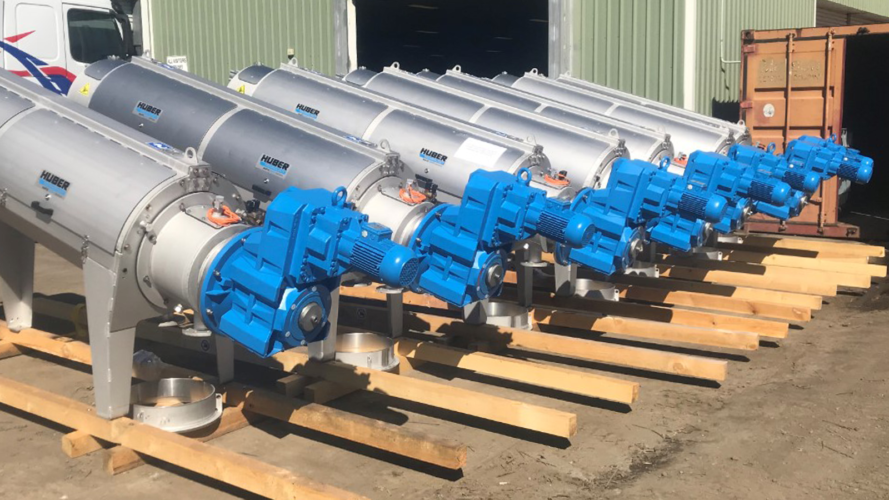
Hassle Free Construction Water Treatment
August 14, 2019
The infrastructure boom along the east coast of Australia has been driven by government investment into road and rail developments. Significant projects in Brisbane, Sydney and Melbourne are all underway to improve sewer, road and rail networks within the region.

Much of this work involves tunnelling underground to generate routes for roadways, rail lines and piping systems. As with any construction work, tunnelling produces a wastewater on site which needs to be treated. Groundwater infiltration into the works, as well as the relatively high volume of water generated by road-headers and Tunnel Boring Machines (TBMs) combine to form a variable mixture of wastewater that can vary from site to site.
Due to the large scale of the projects, large volumes of water need to be discharged to the environment, and treating to the traditional “Blue Book” values of pH 6.5 – 8.5, TSS < 50mg/L and FOG < 10 mg/L that may apply to smaller surface construction works is not sufficient. These sites must also comply with strict requirements for heavy metals, hydrocarbons, sulphides and nitrogenous compounds to comply with Australian and New Zealand Guidelines for Fresh and Marine Water Quality (ANZECC) 2000 guidelines for waters discharging into the environment.
Unlike general surface works, tunnelling presents a wide range of additional challenges for managing and treating the wastewater. Primarily, the water generated by the tunnelling works is very heavily loaded with a wide range of solids in comparison with other types of construction. Heavy, rapidly settling silt and sand collect in sumps, sedimentation ponds and balance tanks which can then hold back the water flow.
At the same time, high concentrations of colloidal clays, grout and bentonite fines do not settle without chemically conditioning the wastewater prior to a robust clarification process. Filtration is then required as a final protective barrier against residual solids passing through the treatment process, but these can become overloaded if upstream treatment steps are not correctly designed with optimum chemical conditioning and appropriately robust clarifiers. Construction wastewater generated from Tunnel Boring Machines (TBM) projects also have extremely high alkalinity levels.
The cost for acid to reduce the pH on these projects down to <8.5 can equate to between 60% to 70% of the water treatment operating costs. Hydroflux engineers have successfully designed and built water treatment plants treating to ANZECC guidelines for the past three decades.
Having worked on a variety of different tunnelling and supporting the tunnelling industry with tailored designs and ongoing operational support, a wide range of solutions have been used with varying degrees of success due to the variability of conditions of the different sites. From our experiences, the key to hassle free wastewater treatment on tunnelling projects is:
- Simple, staged treatment processes that target specific issues one at a time;
- Conservative, robust designs to handle the variable and demanding conditions on site;
- Flexibility and modularity in the design to allow easy modification and upscaling;
- A high degree of automation to minimise operator input and further adapt to changing conditions.
There are several risks to a poorly designed treatment plants. Operating costs on tunnelling sites rapidly spiral out of control when water treatment plants are not able to cope with the challenges presented by the untreated tunnelling water. These costs can include;
- Water treatment plants requiring 24/7 operator attention to keep them running.
- Excavator equipment on permanent hire to manage the solids depositing in ponds or tanks.
- High sludge disposal costs due to undersized or ineffective dewatering systems.
- High cost for spare parts for plants utilising Ultrafiltration technology, due to ongoing membrane replacements.
Although tunnelling projects present challenges to water treatment companies, they also present rare opportunities. There is real potential to add value and save tunnelling contractors significant amounts of money across the lifecycle of the project.
Involving a professional water treatment company such as Hydroflux in the tender stage also provides opportunities to scope out and present a strong environmental case for the bid. It also allows the bid team to quantify any groundwater remediation costs. Involving professional water treatment companies also allows the treatment plants to be designed to fit within confined spaces on city sites.
By investing in a robust water treatment solution provides peace of mind, which enables tunnelling contractors to get on with the job of connecting our ever-expanding cities.
Up Next
Wastewater Systems Design and Management Workshop, Nov 2019
Multiple Screw Press Projects Awarded to Hydroflux
Categories
- Tradeshows
- Climate
- Community Engagement
- Corporate Announcements
- Group News
- Newsletters
- Product News
- Project Announcement


